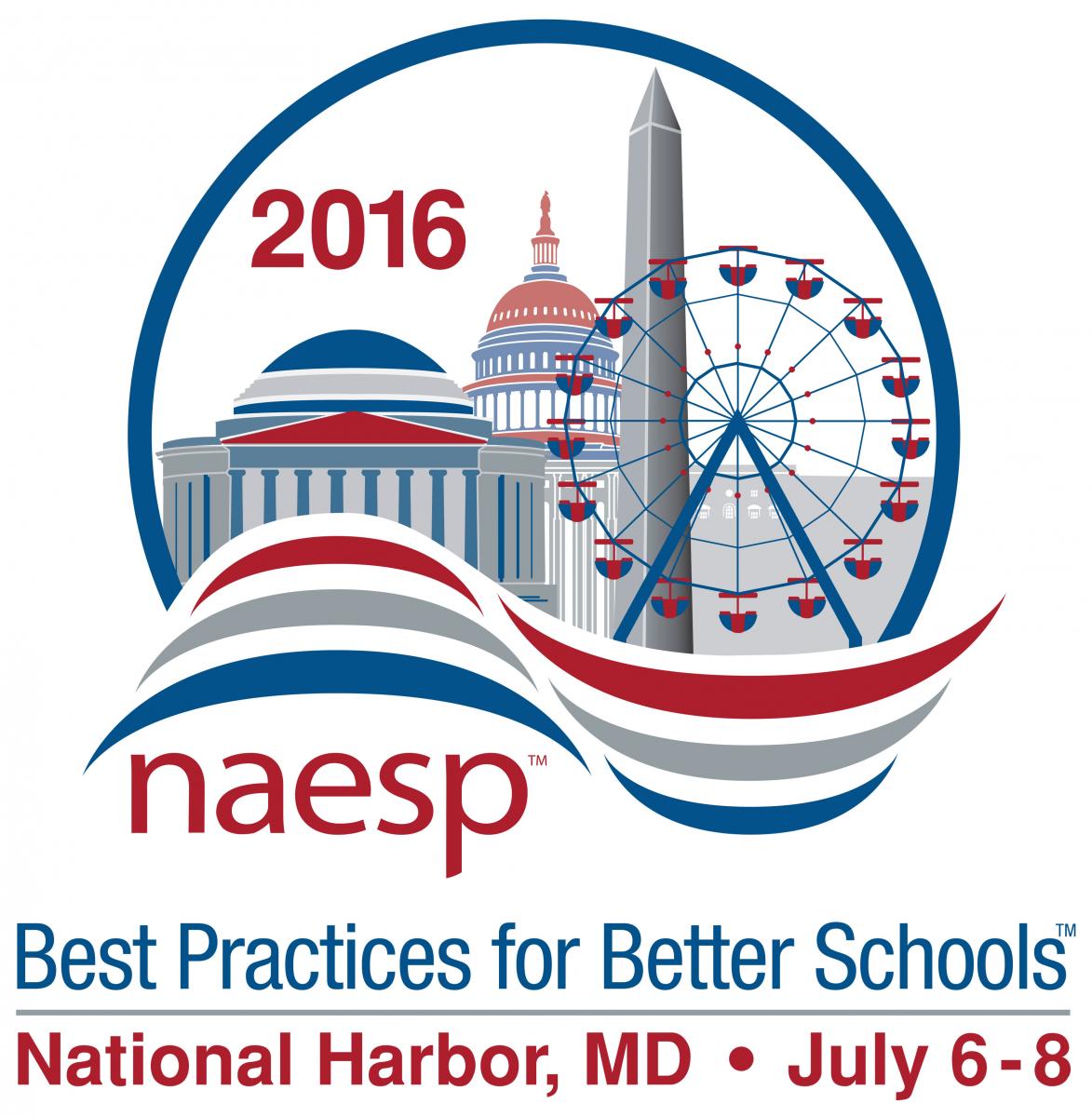National Distinguished Principals on Professional Development
For the next couple of days, the Principals’ Office will feature reflections from the 2007 National Distinguished Principals, as they respond to the question: What skill or concept did you learn through professional development in the past year that you plan to implement this year?
This is what NDP Richard R. Alix, principal of Spangdahlem Elementary School in Spangdahlem, Germany, had to say:
I was recently reassigned to a new school in a U.S. Department of Defense Educational Activity overseas school. My focus this year is actually a continuation of active school improvement. In my last assignment, I worked closely with the school improvement leadership team in developing collaborative approaches to promote assessment driven instruction to address areas in the student performance profiles that needed to show greater growth.
The value of formative and summative assessment and the processes involved in identifying key skills for focused attention in each grade level’s performance and curricular standards highlight the positive outcome when assessment data is used to guide instruction.
In this new school, I plan on working with the school improvement leadership team in designing staff development programs that will equip the instructional staff with the skills necessary to promote collaboration in identifying grade level focus on highest student achievement, as identified by the student performance data.
As I work in collaboration with the teachers at this new school, staff development in each of these areas will be necessary to build capacity. Specifically, we need to identify the curricular and performance standards that we are going to teach and when we are going to teach them. Through staff development on benchmarking, teachers will be able to clearly assess if the students learned the necessary skills. By learning how to differentiate instruction, the staff will be equipped to teach each child as he or she needs to learn. This is a path to excellence, and it is a process that will evolve over the years of my tenure in this new school.
How have you approached working with a school improvement leadership team?
Make a Difference in the Principalship
The School Leadership Grant program helps local districts develop, enhance, or expand programs to recruit, train, and retain principals. The U.S. Department of Education's Office of Innovation and Improvement (OII) is seeking peer reviewers for the School Leadership Grant program. No travel is required and reviewers will receive an honorarium. For more information, visit http://web.naesp.org/misc/SLP2008CfR.pdf. The deadline to apply to be a reviewer is May 4.
Pittsburgh Superintendent Focuses on Instructional Leadership
Pittsburgh Superintendent Mark Roosevelt has a plan for his principals—to transform them from building managers to instructional leaders, reports the Pittsburgh Post-Gazette. During the past two school years, Roosevelt told principals about their new role, started the Pittsburgh Leadership Academy to help them adjust, and created a “School Plan for Excellence” for each school in the district.
NAESP believes that it is incumbent upon school principals to continue their professional growth in order to improve instructional leadership and model lifelong learning. What do you think about Roosevelt's plan?
NAESP’s Position on “Highly Qualified” Principals
Over the last few weeks, there have been a number of articles published on the issue of “highly qualified” or “highly effective” principals, including a December 12 article (“Policy Focus Turning to Principal Quality”) in Education Week. NAESP opposes the establishment of a federal definition of a “highly qualified” or “highly effective” principal (or any similar definition). Listing criteria in federal law would, we believe, lead to judging principal quality fully or in large part on the basis of test scores. The best way for the federal government to help create and maintain excellent principals is to require states and districts to provide principals with high-quality ongoing professional development, beginning with mentoring in the early years and lasting throughout a principal’s career, and to provide funds to help states in that work.
NAESP supports the authorization of funds for an independently designed and implemented program of voluntary national certification for principals. We believe the model of the board certification program for teachers established by the National Board for Professional Teaching Standards is an excellent one, and would like for the National Board for Professional Teaching Standards to create and implement it.
NAESP’s ESEA reauthorization recommendations detail what the Association believes should be changed to make ESEA more effective and less punitive on the nation’s schools, including ensuring that schools are well-staffed by well-qualified professionals.
